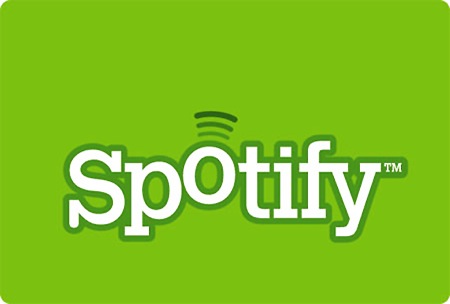Videos by American Songwriter
According to a blog post by Spotify’s co-founder Daniel Ek today, Spotify is making changes to its free, ad-supported “Open” plan.
Existing users (who signed up since last November) will be given a six-month window to transition to the new rules for the Spotify Open plan. New and existing users who signed up prior to last November, will be able to play each track on Spotify up to five times (instead of 10 under the previous Open plan terms) and will be limited to 10 hours of listening per month (instead of 20).
Looking at the language Ek uses in his post, it seems clear that the record labels have forced Spotify into stripping down their free model, both in hopes that more users will sign up for paid plans and also to pave the way for a U.S. launch. Ek begrudgingly laments “the changes we’re having to make.”
Of course, the opposite could also happen: instead of converting to paid plans, many users may head back to piracy. The Spotify changes come at a tentative time for the music industry, where U.S.-based services like eMusic, Rdio, MOG, and Rhapsody are growing and slowly consumers are becoming less reliant on piracy. Amazon’s cloud service – also under shaky ground with record labels – and forthcoming cloud lockers and streaming services from Apple and Google could also help usher piracy out, if priced attractively enough. Spotify Unlimited is available for £9.99 and 9,99 € in the UK and Europe, respectively, while Spotify Premium comes at a 4.99 price point.
These changes come just after the news last month that Spotify had reached one million paying subscribers in Europe. Spotify’s U.S. launch has been in the works and has been bandied about the rumor mill for so long it’s hard to even imagine it as a reality.
While the company was able to secure licensing deals with record labels in Europe, the U.S. record industry has proved a tougher nut to crack, with executives here expressing concern over a free service that might take away from the small successes of paid services like Rhapsody and Rdio. As recently reported, Spotify scored a deal with EMI in February, and has also agreed to terms with Sony, while Universal and Warner have yet to come into their fold.
As Tech Crunch EU points out this morning, Spotify’s free service acts as a product discovery tool that often converts free users into paid subscribers over time. An anonymous source tells TC, “Every similar service will be capping streaming soon. Spotify just had to balls to do it first.”
While consumers reactions have been largely negative – there are already 500 comments logged on Ek’s blog post – some music industry executives say they are not surprised by Spotify’s changes.
Adam Klein, CEO of eMusic, says, “This was a predictable move. Their previous offer, while great for consumers, was not a sustainable business model.”
“It’s smart for Spotify to slowly move away from an ad-supported model. We know that consumers, especially eMusic members, want to get lost in their music. An ad-supported service simply cannot provide the type of full-featured and immersive music experience that consumers want.”
“Ad-supported models also spilt a company’s loyalty. By having a paid subscription model, we can provide value to consumers while centering our focus on the artists and labels.”














Leave a Reply
Only members can comment. Become a member. Already a member? Log in.